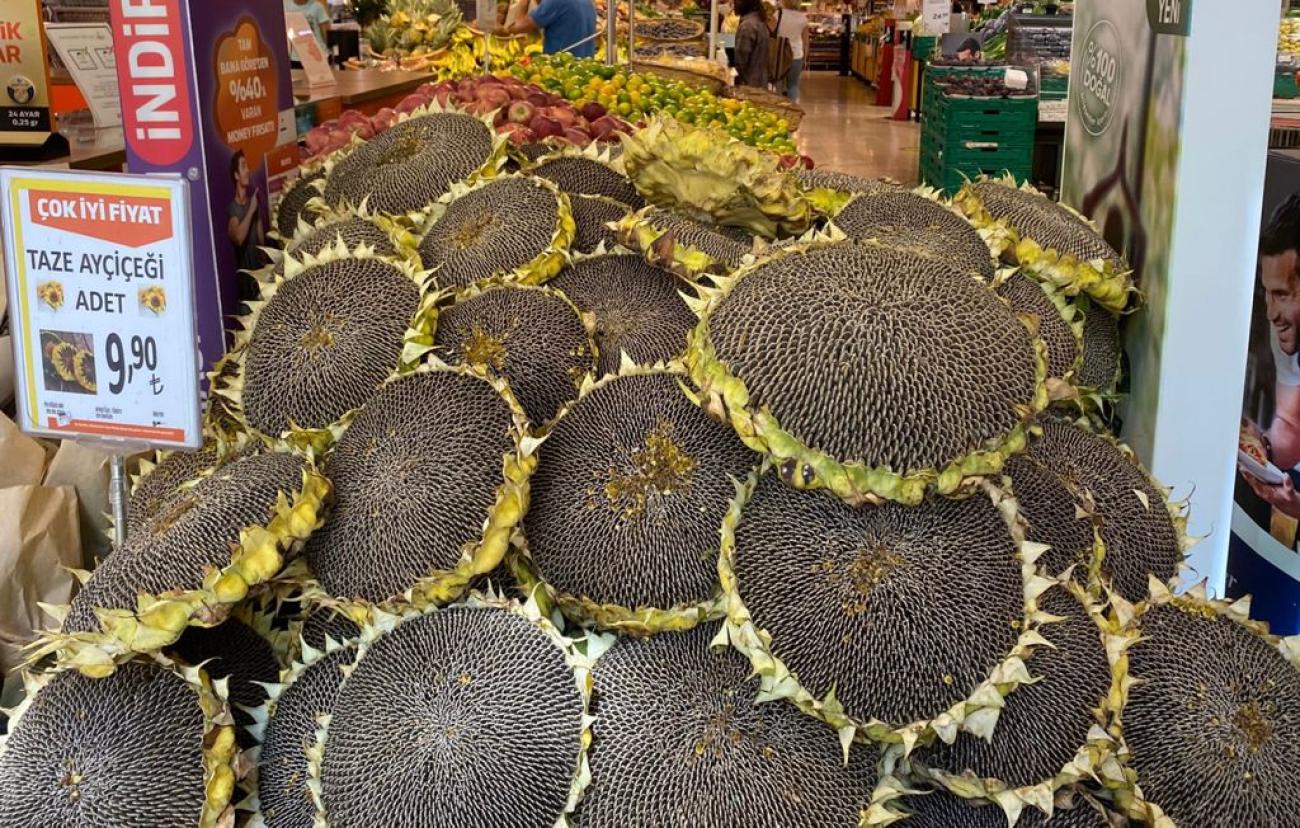Every day, hundreds of millions of people go to bed hungry. Three billion people cannot afford a healthy diet. Two billion are overweight or obese and yet 462 million, are underweight. Nearly a third of all food that is produced, is lost or wasted.
These are just some of the problems and contradictions laid bare by the UN Secretary-General on Thursday at the opening of the landmark UN Food Systems Summit, that is bringing together farmers and fishers, youth, Indigenous Peoples, Heads of State, governments and many more, in an effort to transform the sector and get the world back on track to achieve all 17 Sustainable Development Goals (SDGs) by 2030.
For António Guterres, “change in food systems is not only possible, it is necessary”; for the people, for the planet and for prosperity.
The UN chief warned, though, that COVID-19 has made the challenge much greater.
The pandemic has deepened inequalities, decimated economies, plunged millions into extreme poverty and raised the spectre of famine in a growing number of countries.
At the same time, Mr. Guterres said, the world is “waging a war against nature and reaping the bitter harvest”, with ruined crops, dwindling incomes and failing food systems.
Food systems also generate one-third of all greenhouse gas emissions, he added. And they’re responsible for up to 80 per cent of biodiversity loss.
Solutions
Over the last 18 months, through national dialogues, governments gathered businesses, communities and civil society to chart pathways for the future of food systems across 148 countries. Over 100,000 people came together to discuss and debate solutions.
From those discussions, came many proposals. Mr. Guterres chose to highlight three key areas of action.
Support health and well-being
First, there’s a need for food systems that support the health and well-being of all people.
Recalling that nutritious and diverse diets are often too costly or inaccessible, Mr. Guterres said he is pleased to see many Member States rallying around universal access to nutritious meals in schools.
Protect the planet
Second, he argued that the world needs food systems that protect the planet.
“It is possible to feed a growing global population while also safeguarding our environment. And it takes countries coming to COP26 in Glasgow with bold, targeted plans to keep the promise of the Paris Agreement,” he said. “The war on our planet must end, and food systems can help us build that peace.”
Support prosperity
Third, and finally, food systems need to support prosperity.
“Not just the prosperity of businesses and shareholders. But the prosperity of farmers and food workers, and indeed, the billions of people worldwide who depend on this industry for their livelihoods,” argued the UN chief.
Highlighting the selfless workers who have toiled in the fields and transported food during the deadly pandemic, he said “these women and men have been the unsung heroes of the last 18 months.”
Despite that, “too often, these workers are underpaid, even exploited.”












